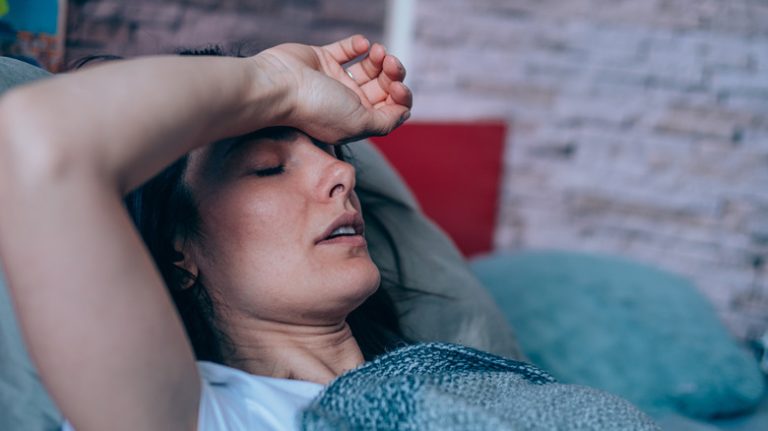No one enjoys not getting enough sleep, but there are times in which our internal clock — also known as our circadian rhythm — gets thrown off balance and needs a bit of help to get back on track. The Sleep Foundation points out that our wake-sleep schedule is intrinsic to our circadian rhythm, which is linked, in turn, to the external day-night cycle. The part of our brain responsible for controlling our wake-sleep cycle is especially sensitive to light, which is why you may have already heard the recommendation to turn off bright screens and lights a few hours before you plan on hitting the sack.
There are many reasons why our circadian rhythm can get thrown off track. The Cleveland Clinic explains that jet lag is a common culprit behind sleep disturbances. When we cross time zones in a short period of time, our internal clock can’t immediately adjust to the change in the environmental day-night cycle. If you’re a shift worker, this could be another reason for your off-balance sleep schedule, especially if you work night shifts when the brain is most primed for sleep.
You may also have a delayed sleep phase disorder, which is characterized by an inability to fall asleep until late at night. Other reasons include taking specific drugs that interfere with sleep, poor sleep habits, getting older, and brain damage. The good news is that there are ways to get your sleep schedule back on track, no matter the cause.
Tried-and-true hacks for rebalancing your sleep cycle

The CDC points out that a whopping 70 million Americans experience chronic sleep disturbances. If you’re among them, MindBodyGreen offers several ways to improve the quality of your sleep. The first is making sure you’re spending enough time outdoors during the day, preferably in direct sunlight. Since our circadian rhythm, which controls our sleep-wake cycle, is tied to light, your brain will better be able to differentiate between night and day if you’re exposed to plenty of sunlight. You should also be sure to avoid bright light in the evening when you’re winding down for bed. This includes putting away electronic devices and substituting a book or other relaxing activity for the television.
Naturopathic sleep doctor Catherine Darley has another guideline for anyone looking to regulate their sleep cycle (via MindBodyGreen). Darley says that it is important to go to bed and wake up at the same time every day, even on weekends. “Ideally your wake and rise time should not vary more than an hour (or even a half-hour) each day,” she specifies, adding, “Waking at an inconsistent time makes it so that a person isn’t predictably sleepy at the same time and can’t sleep as well.”



